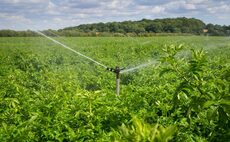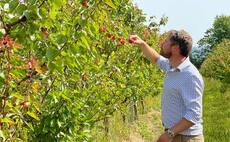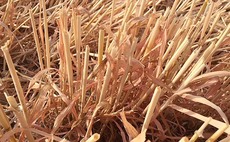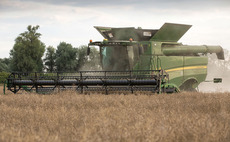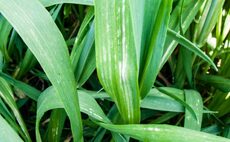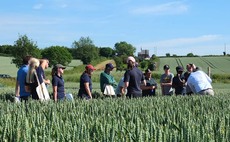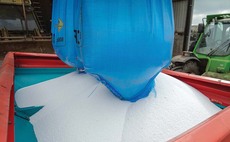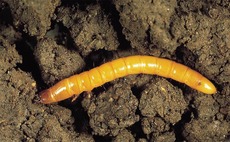Arable Farming
Arable
With very dry soils this harvest, Íæż½ã½ã finds out how to get catch and cover crops off to the best start.
Arable
July 2022, was the driest July for England since 1935, and the driest on record for East Anglia, southeast and southern England, according to provisional statistics from the Met Office.
Arable
When fifth generation grower, James Smith, of Loddington Farm in Kent lost his love for the land, it was adapting to a regenerative farming model that brought the entire business back to life. Alice Dyer reports.
Arable
Lack of rain and early crop senescence has meant that potassium offtake from straw could be significantly higher than usual this harvest.
Arable
With temperatures yesterday reaching record highs, some growers were faced with the unusual challenge of OSR being too dry.Â
Arable
With fertiliser prices hitting new heights this spring, many growers have had to look at their application programmes and make cuts where necessary to save costs.
Arable
Wheat crops are coming under septoria pressure as fungicides run out of steam, growers are being advised.
Arable
With fertiliser markets still rocky and gas prices set to further rise, Ian Watson joint managing director of Elite Íæż½ã½ã Trading Company gave visitors to Groundswell his advice on buying for the season ahead.
Arable
Following an upward trend in wireworm damage in root vegetable and cereal crops throughout the UK, industry leaders have joined forces to co-fund a Fera-led research and development project to find a solution to the pest.
Arable
Íæż½ã½ã using regenerative practices on their arable farms are largely ending up in a similar place financially to those using more conventional practices.
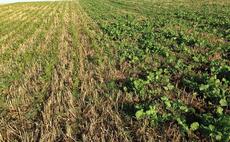
 06 August 2022
•
3 min read
06 August 2022
•
3 min read
